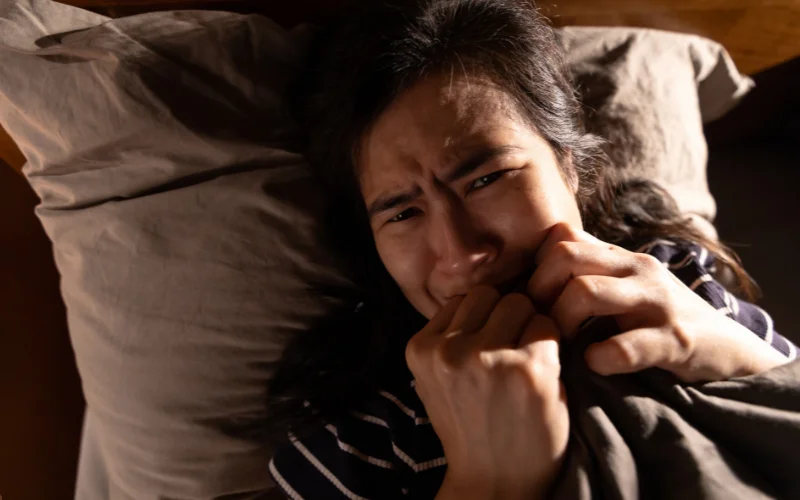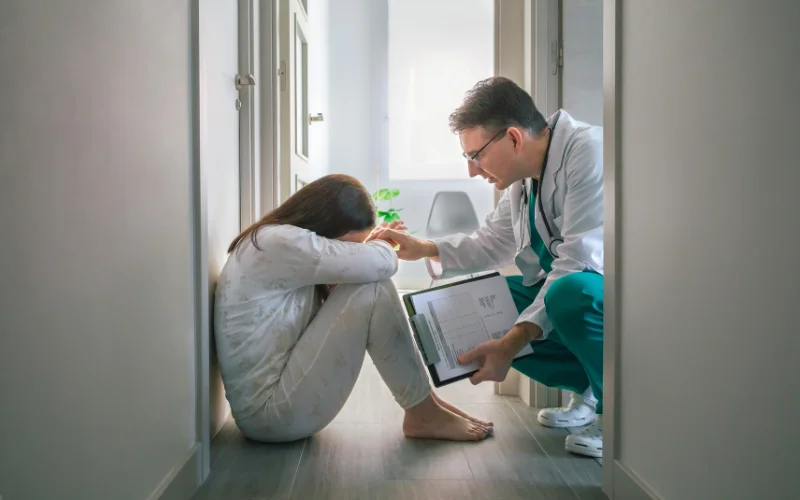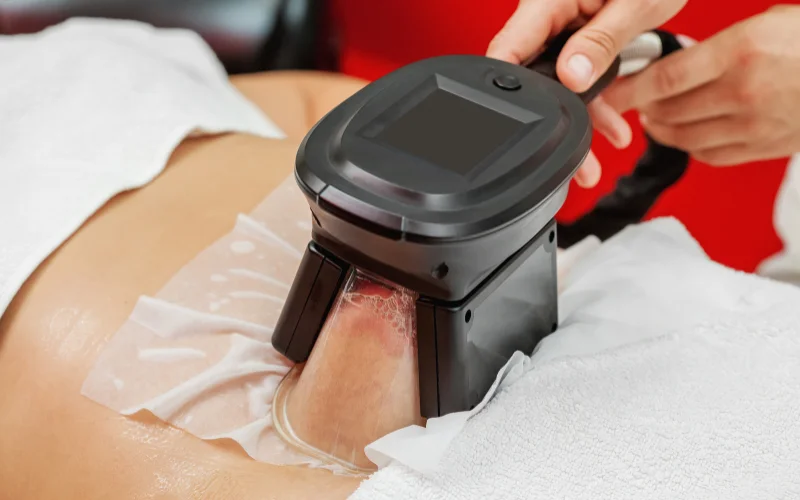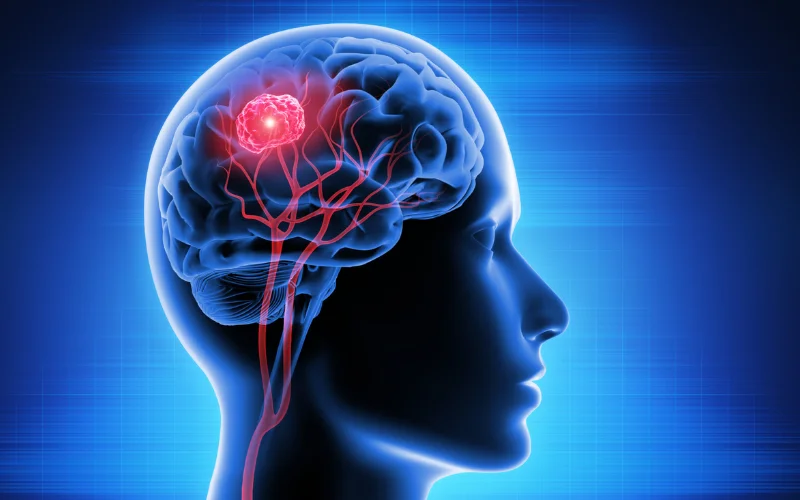Acute psychosis is a severe mental health condition that disrupts a person’s thoughts and perceptions, making it difficult for them to distinguish reality from imagination. This condition can be overwhelming and often requires immediate medical attention due to its potential severity and impact on a person’s life. Understanding the symptoms, causes, and treatment options for acute psychosis is crucial for managing the condition effectively.
In this article, we will explore what acute psychosis is, its symptoms, causes, and various treatment options available. We will also touch upon related mental health challenges and types of mental illness to provide a broader context and better understanding of this complex condition.
Key Takeaways
- Acute psychosis is a sudden onset of psychotic symptoms requiring immediate medical attention.
- Symptoms include hallucinations, delusions, disorganized thinking, and impaired insight.
- Causes can include genetic predisposition, substance abuse, trauma, and underlying medical conditions.
- Types of acute psychosis include Brief Psychotic Disorder, Schizophreniform Disorder, Substance-Induced Psychotic Disorder, and Psychotic Disorder Due to a Medical Condition.
- Diagnosis involves clinical interviews, physical examinations, and psychological tests.
- Treatment options include medications, therapy, and in severe cases, hospitalization.
- Lifestyle changes, such as a healthy diet and avoiding triggers, play a crucial role in managing acute psychosis.
- Early diagnosis and intervention can significantly improve treatment outcomes.
What is Acute Psychosis?

Acute psychosis is a mental health disorder characterized by a sudden onset of psychotic symptoms. These symptoms can include hallucinations, delusions, disorganized thinking, and impaired insight. It is a condition that requires immediate medical attention due to its potential severity and impact on a person’s life.
Symptoms of Acute Psychosis
- Hallucinations: Seeing, hearing, or feeling things that are not present.
- Delusions: Strong beliefs in something that is not true or real.
- Disorganized Thinking: Difficulty in organizing thoughts, often leading to incoherent speech.
- Impaired Insight: Lack of awareness of one’s own mental condition.
Causes of Acute Psychosis
Understanding the causes of acute psychosis can help in its prevention and management. The condition can be triggered by various factors, including genetic predisposition, substance abuse, severe stress, and underlying medical conditions.
Genetic Predisposition
Genetic predisposition plays a significant role in the onset of acute psychosis. If there is a family history of mental illness, the risk of developing acute psychosis increases. Genes can influence brain function and make individuals more susceptible to psychotic episodes.
Substance Abuse
Substance abuse, particularly the use of drugs like LSD, methamphetamine, or excessive alcohol, can trigger episodes of acute psychosis. These substances can alter brain chemistry and lead to severe mental disturbances, making it crucial to avoid or manage substance use.
Severe Emotional or Physical Stress
Severe emotional or physical stress, such as trauma, can also lead to the onset of acute psychosis. Traumatic events can disrupt normal brain function and trigger psychotic symptoms, especially in individuals with a predisposition to mental health issues.
Underlying Medical Conditions
Underlying medical conditions like brain injuries, infections, or neurological disorders can contribute to the development of acute psychosis. These conditions can affect brain function and lead to symptoms of psychosis, necessitating a thorough medical evaluation.
Types of Acute Psychosis

Acute psychosis can manifest in various forms, each with its own set of characteristics and duration. Understanding these types can aid in early detection and appropriate treatment.
Brief Psychotic Disorder
Brief Psychotic Disorder is characterized by a sudden onset of psychotic symptoms that last less than a month. This type often follows a significant stressor or traumatic event and usually resolves with appropriate treatment.
Schizophreniform Disorder
Schizophreniform Disorder presents symptoms similar to schizophrenia but lasts less than six months. Early intervention and treatment can prevent the progression to full-blown schizophrenia, making timely diagnosis crucial.
Substance-Induced Psychotic Disorder
Substance-Induced Psychotic Disorder is triggered by the use of drugs or alcohol. The symptoms usually resolve once the substance is eliminated from the body, but ongoing substance abuse can lead to chronic psychosis.
Psychotic Disorder Due to a Medical Condition
Psychotic Disorder Due to a Medical Condition is caused by an underlying medical issue like a brain tumor or infection. Treating the medical condition often alleviates the psychotic symptoms, highlighting the importance of a comprehensive medical evaluation.
Diagnosis and Evaluation
Accurate diagnosis and thorough evaluation are essential for effective treatment of acute psychosis. This process involves multiple steps, including clinical interviews, physical examinations, and psychological tests.
Clinical Interview
Diagnosing acute psychosis involves a thorough clinical interview to discuss symptoms, medical history, and possible triggers. This helps in understanding the individual’s condition and planning appropriate treatment.
Physical Examination
A physical examination is conducted to rule out any medical conditions that might be causing the symptoms. This step is crucial to ensure that the psychosis is not a result of an underlying medical issue.
Psychological Tests
Psychological tests are often used to assess mental status and cognitive function. These tests provide a comprehensive understanding of the individual’s condition and help in planning effective treatment strategies.
Treatment Options

Effective treatment of acute psychosis often requires a combination of medication, therapy, and sometimes hospitalization. Healthcare providers tailor each treatment option to the individual’s specific needs and symptoms.
Medications
Medications like antipsychotics (e.g., risperidone or olanzapine) can help manage symptoms. Mood stabilizers and benzodiazepines might be used for short-term relief of severe anxiety or agitation, providing immediate symptom control.
Cognitive Behavioral Therapy (CBT)
Cognitive Behavioral Therapy (CBT) is effective in managing thoughts and behaviors. It helps individuals develop coping strategies and improve their mental health, making it a valuable component of treatment.
Family Therapy
Family therapy involves family members to provide support and improve communication. It helps in creating a supportive environment for the individual, which is crucial for recovery and long-term management.
Hospitalization
In severe cases, hospitalization may be necessary to ensure the safety of the individual and provide intensive treatment. Hospitalization allows for close monitoring and immediate intervention if needed.
Living with Acute Psychosis
Living with acute psychosis involves ongoing management and lifestyle adjustments. Here are some key aspects to consider:
- Healthy Diet and Exercise: Maintaining a balanced diet and regular physical activity can support overall mental health.
- Avoiding Triggers: Identifying and avoiding substances or situations that can trigger symptoms is crucial.
- Regular Medical Check-ups: Ongoing medical evaluations can help in monitoring the condition and adjusting treatment as needed.
- Support Networks: Building a strong support system with family, friends, and mental health professionals can provide emotional and practical assistance.
Conclusion
Acute psychosis is a serious mental health condition that requires immediate attention and comprehensive treatment. Early diagnosis and intervention can significantly improve outcomes. If you or someone you know is experiencing symptoms of acute psychosis, seek professional help immediately. Understanding the symptoms, causes, and treatment options can empower individuals and their families to manage this challenging condition effectively. With the right support and treatment, individuals with acute psychosis can lead fulfilling lives.
FAQs
What are the early signs of acute psychosis?
Early signs of acute psychosis can include sudden changes in behavior, withdrawal from social activities, and unusual thoughts or perceptions. Recognizing these signs early can lead to timely intervention and better management of the condition.
Can acute psychosis be cured?
While acute psychosis can be managed effectively with treatment, it may not be completely curable. Ongoing care and support are crucial for long-term management. Early intervention and consistent treatment can significantly improve the quality of life for those affected.
How can family members support someone with acute psychosis?
Family members can support by being understanding, encouraging treatment adherence, and participating in family therapy sessions. Emotional support and creating a stable environment are also essential. Providing a supportive network can make a significant difference in the individual’s recovery process.
What should one do if they suspect someone has acute psychosis?
If you suspect someone has acute psychosis, it is important to seek professional help immediately. Contact a mental health professional or emergency services if the person is a danger to themselves or others. Early intervention can prevent the condition from worsening and provide the necessary support and treatment.







